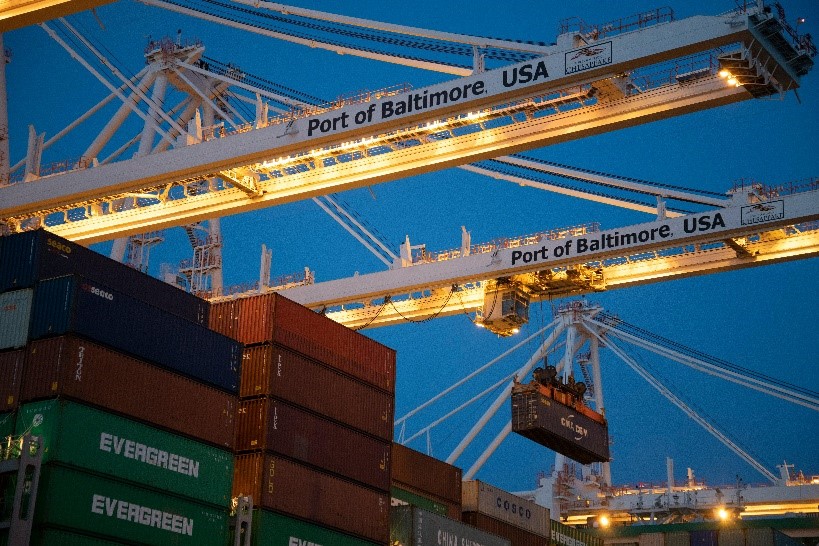Shipping products internationally can feel like navigating a maze. Between customs rules, transport logistics, paperwork, and coordination with multiple service providers, it can quickly become overwhelming. For businesses of any size, especially those expanding into new markets, handling global shipping alone is often too complex.
This is where freight forwarding comes in. Freight forwarders are logistics professionals who manage the movement of goods across borders, ensuring shipments arrive safely and on time. Their role is crucial in simplifying international trade, allowing companies to focus on growth rather than transportation issues. In this article, we explain what freight forwarding is and how it helps make global shipping more efficient, cost-effective, and reliable.
What Is Freight Forwarding
Freight forwarding is a service that manages the shipment of goods from one location to another using the most efficient routes and transportation methods. A freight forwarder acts as a middleman between a business and the various transport services involved in moving goods, including shipping lines, airlines, trucking companies, and customs agents. Though freight forwarders do not physically move the cargo, they handle all the planning and coordination required to get it from origin to destination.
Their tasks often include booking cargo space, negotiating shipping rates, preparing necessary documentation, and arranging customs clearance. They are also responsible for tracking the shipment and providing updates to the client. By using their knowledge of international shipping laws and their network of trusted partners, freight forwarders make sure that goods travel smoothly through each step of the supply chain. For businesses, this means fewer delays, fewer mistakes, and lower costs. Whether it is a large company with regular global shipments or a small business making its first international delivery, working with a freight forwarder simplifies the process and brings peace of mind.
How Freight Forwarding Simplifies Global Shipping
International shipping involves many moving parts, and small errors can lead to big problems. Incorrect documentation can result in customs delays. Poorly chosen routes can cause unnecessary expenses or missed deadlines. Freight forwarders help businesses avoid these issues by managing every detail of the shipping process with skill and experience.
One way they simplify shipping is through proper document handling. International freight requires specific paperwork such as commercial invoices, packing lists, and customs declarations. Freight forwarders know exactly what is needed for each destination and ensure that everything is prepared correctly and submitted on time. This reduces the risk of delays and penalties.
Another advantage is their ability to choose the best transportation options for a particular shipment. Freight forwarders evaluate cost, speed, cargo type, and destination to find the most efficient route. They can combine different transport methods if necessary, such as sea and road, to meet the business’s needs. Many also offer tracking services, so clients always know where their goods are. By coordinating all these elements, freight forwarders turn a complicated and stressful process into a smooth and manageable one.



